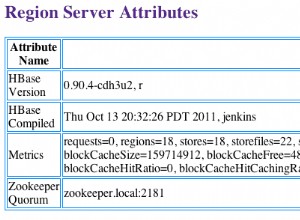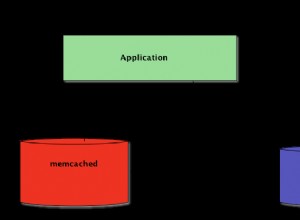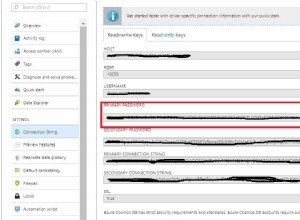Penskoran didasarkan pada jumlah kecocokan bertangkai, tetapi ada juga koefisien bawaan yang menyesuaikan skor untuk kecocokan relatif terhadap total panjang bidang (dengan stopwords dihapus). Jika teks Anda yang lebih panjang menyertakan kata-kata yang lebih relevan dengan kueri, ini akan menambah skor. Teks yang lebih panjang yang tidak cocok dengan kueri akan mengurangi skor.
Cuplikan dari kode sumber MongoDB 3.2 di GitHub (src/mongo/db/fts/fts_spec.cpp ):
for (ScoreHelperMap::const_iterator i = terms.begin(); i != terms.end(); ++i) {
const string& term = i->first;
const ScoreHelperStruct& data = i->second;
// in order to adjust weights as a function of term count as it
// relates to total field length. ie. is this the only word or
// a frequently occuring term? or does it only show up once in
// a long block of text?
double coeff = (0.5 * data.count / numTokens) + 0.5;
// if term is identical to the raw form of the
// field (untokenized) give it a small boost.
double adjustment = 1;
if (raw.size() == term.length() && raw.equalCaseInsensitive(term))
adjustment += 0.1;
double& score = (*docScores)[term];
score += (weight * data.freq * coeff * adjustment);
verify(score <= MAX_WEIGHT);
}
}
Menyiapkan beberapa data uji untuk melihat pengaruh koefisien panjang pada contoh yang sangat sederhana:
db.articles.insert([
{ headline: "Rock" },
{ headline: "Rocks" },
{ headline: "Rock paper" },
{ headline: "Rock paper scissors" },
])
db.articles.createIndex({ "headline": "text"})
db.articles.find(
{ $text: { $search: "rock" }},
{ _id:0, headline:1, score: { $meta: "textScore" }}
).sort({ score: { $meta: "textScore" }})
Hasil beranotasi:
// Exact match of raw term to indexed field
// Coefficent is 1, plus 0.1 bonus for identical match of raw term
{
"headline": "Rock",
"score": 1.1
}
// Match of stemmed term to indexed field ("rocks" stems to "rock")
// Coefficent is 1
{
"headline": "Rocks",
"score": 1
}
// Two terms, one matching
// Coefficient is 0.75: (0.5 * 1 match / 2 terms) + 0.5
{
"headline": "Rock paper",
"score": 0.75
}
// Three terms, one matching
// Coefficient is 0.66: (0.5 * 1 match / 3 terms) + 0.5
{
"headline": "Rock paper scissors",
"score": 0.6666666666666666
}




